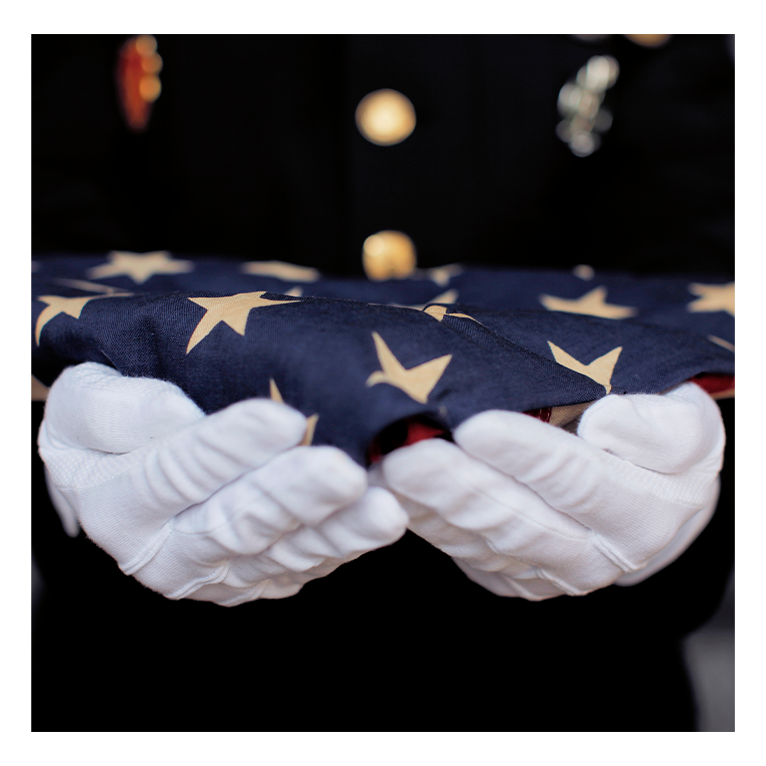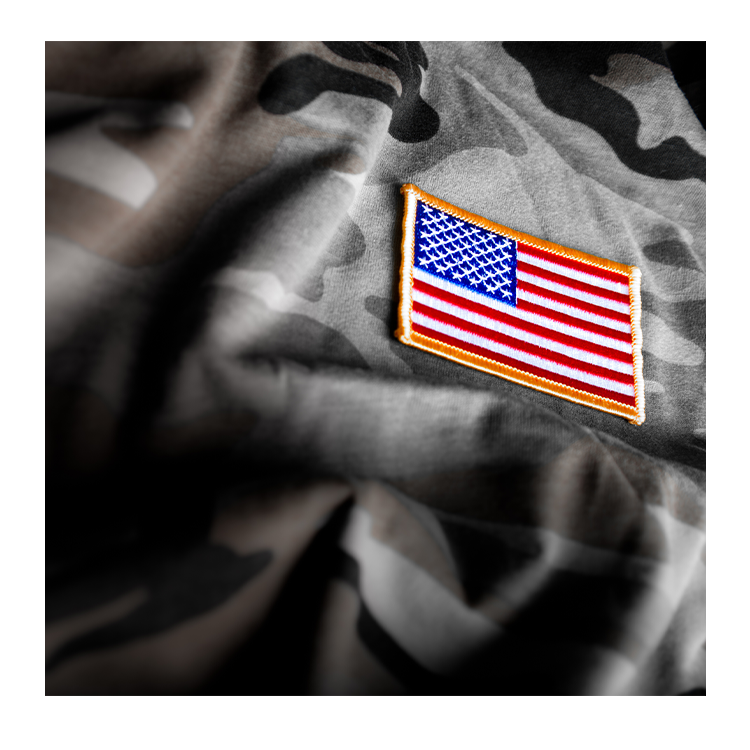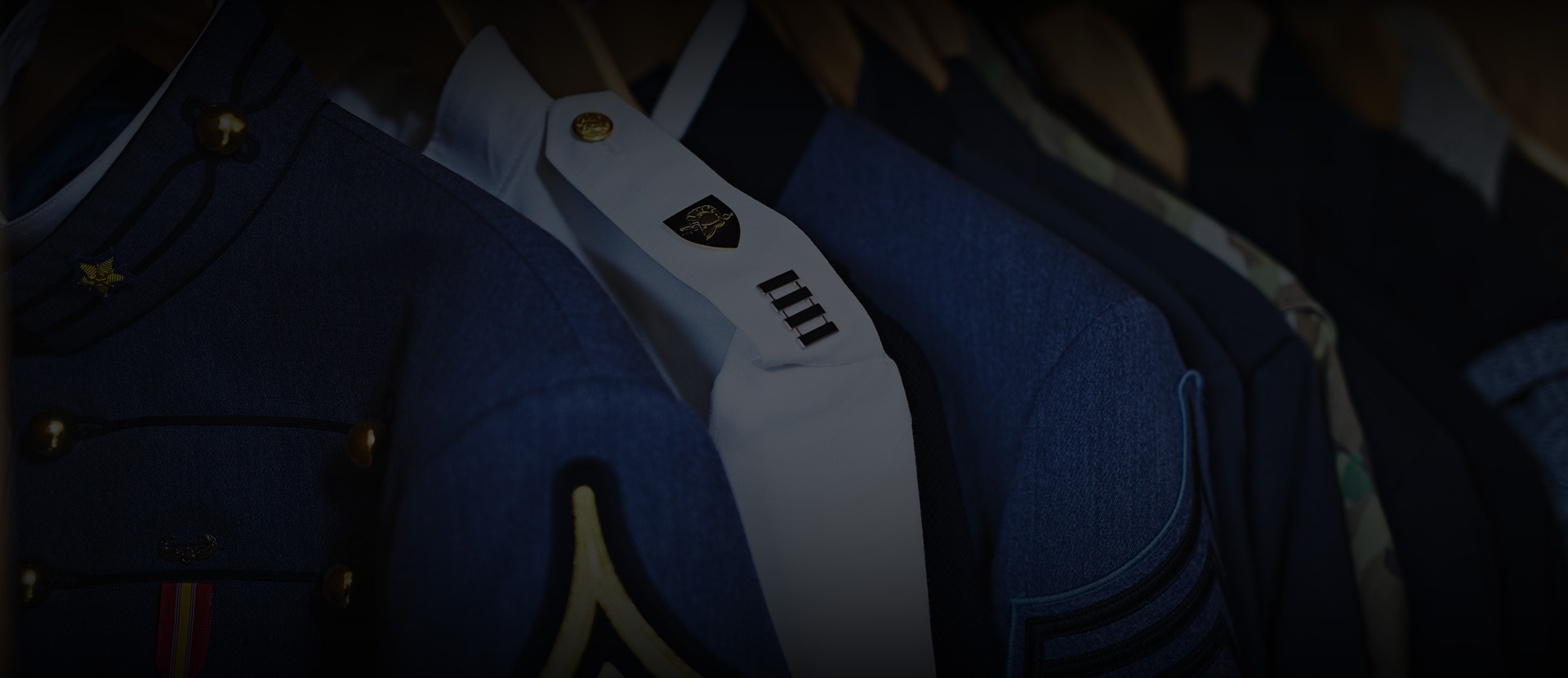
Understanding the Courts-Martial Process
The Uniform Code of Military Justice or UCMJ is the code of military criminal law and procedure. It is applicable to all branches of service and U.S. Military Members worldwide. The various criminal offenses proscribed by the UCMJ, known as the Punitive Articles, are contained in Part IV of the UCMJ. The Punitive Articles also set forth the maximum punishment for each proscribed offense.
The UCMJ gives courts-martial jurisdiction over all servicemembers (Army, Marine Corps, Navy, Air Force, and Coast Guard). Certain retired military members can be subject to UCMJ jurisdiction, as can certain individuals serving organizations assigned to serve with the military and enemy prisoners of war. Article 2, UCMJ U.S.C. § 802. The principal of military criminal law that courts-martial jurisdiction depends not on where the offense was committed, but solely on the military status of the accused at the time the offense was committed. Solorio v United States, 483 US 435, 437 (1987).


What Sets Us Apart From The Rest?
Raiser and Kenniff, P.C. is here to help you get the results you need with a team you can trust.
-
Former JAG Officers and Former ProsecutorsOur founding partners are both former New York prosecutors who bring unique experience and insights to every case, especially when it comes to going to trial.
-
Top-Rated AttorneysOur award-winning attorneys have won hundreds of cases. With vast legal experience, we provide strategic, aggressive defense, guiding clients through every step to protect their rights and achieve the best possible outcome.
-
Trusted Defense for Military Service MembersOur firm has proudly defended countless military clients, securing successful outcomes and restoring their futures. With proven experience, we fight tirelessly to protect those who’ve served our country.
-
Risk-Free ConsultationWe offer a risk-free evaluation of your case and are here to help you understand your legal options, and how our lawyers can help you. We are available 24/7, day or night, to help you.


Preferral v. Referral
The Preferral of charges is the process whereby specific charges and specifications are drafted against and accused. Any person subject to the UCMJ may prefer charges against an accused, however, the charge sheet must be signed under oath before a commissioned officer.
The Referral of charges occurs when the Court Martial Convening Authority , in consultation with the Staff Judge Advocate, issues an order directing which type of courts-martial an accused will be tried before. The three categories of courts-martial are: summary, special or general. R.C.M. 401(c).


A Reputation For Excellence
Read Our Client Testimonials
-
They treated me wonderfully and helped me out of a bind. I feel that this firm really cares.- Michelle A.
-
He saved my life! He believed in me more than me and I thank him for that.- La P.
-
From the beginning of the case he handled for me, he showed interest, professionalism, and unbelievable knowledge- Former Client
Types of Offenses
Examples of Military-Specific Offenses include Desertion (UCMJ Article 85) Malingering (Article 115) and Conduct Unbecoming and Officer (Article 133).
In addition to the offense enumerated in the UCMJ, service members may be tried at court-martial for offenses not specifically covered in the Punitive Articles. Using the Federal Assimilative Crimes Act (18 U.S.C. § 13), servicemembers can be prosecuted pursuant to UCMJ General Article 134 for state and federal offenses for which there exists no analogous Punitive Article. The punishment for these “assimilated crimes” generally match those punishments applicable to the corresponding civilian offense.
The UCMJ contains both offenses that are analogous to civilian crimes as well as military specific offenses.
Examples of Civilian Analog Offenses under the UCMJ are Murder (UCMJ Article 118); Rape and other Sexual Assault (UCMJ Article 120); and Robbery (UCMJ Article 122).
Contact us today or call us at (888) 646-0025 to get our experienced military attorneys on your side.





